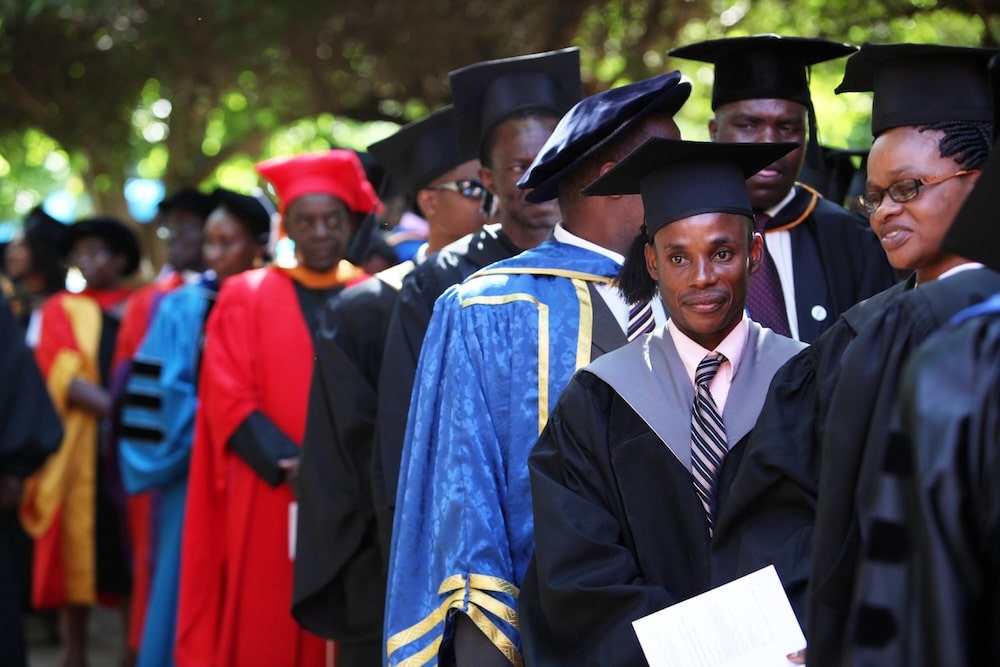The Black College Fund does not offer scholarships. Instead, the fund gives the participating colleges the finances they need to help students have a successful college experience. The Black College Fund helps support college staff and faculty who can serve as strong intellectual, cultural and spiritual mentors. Students can apply for direct scholarships through GBHEM’s Office of Scholarships.
One-sixth of the funds are used by the institutions for capital expenditures — endowment, construction and major renovations. The remaining amount is used for libraries, faculty development, academic research, student counseling programs and other services.
They support the colleges by giving to the Black College Fund. This is an apportioned, shared-giving fund. Local churches send their apportioned gifts through annual conference treasurers to the General Council on Finance and Administration. From there, the gifts go to the Office of the Black College Fund at GBHEM, which distributes the money to the 11 institutions.
The 11 historically black colleges and universities offer a values-centered learning environment that encourages leadership development, self-esteem building and spiritual growth. Here, students receive guidance and training in low student-to-faculty ratio classrooms that allow them to maximize their skills for citizenship and leadership. These schools are still critical because they are a place where faculties and staff can be role models for students who might otherwise fall through the cracks and miss out on a college education. For many who are the first in their family to attend college, these institutions are an important bridge to a wider and more culturally diverse society.
Several religious denominations support these kinds of private schools. However, The United Methodist Church supports the largest number of fully accredited historically black colleges and universities in the United States.
Absolutely not. These institutions are and have always been open to anyone with a dream and the determination to succeed. There are approximately 16,000 students enrolled in these historically black colleges and universities. Asian, Hispanic, white and international students are enrolling in increasing numbers.
There are 11 historically black colleges and universities. They are located in the Southeastern and South Central Jurisdictions of The United Methodist Church.
The term is an acronym for historically black colleges and universities and reflects the historical origin and mission of schools and their predominant enrollment of African-American students. Most of these schools were founded at the end of the Civil War to educate those recently freed from slavery.





